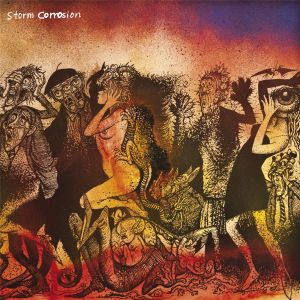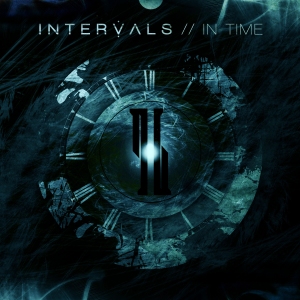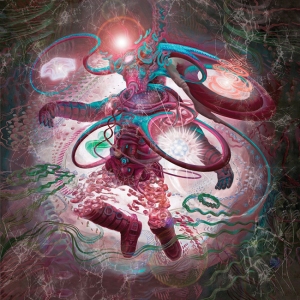Anyone who follows the progressive rock scene even a little bit will most likely have heard the names Steven Wilson and Mikael Åkerfeldt. The former is most well known for his brainchild Porcupine Tree, while the latter is the frontman of the notable Swedish prog metal outfit Opeth. Both groups have released ten studio albums over a two-decade period. Both have achieved outstanding success and critical acclaim in their respective fields. Both frequently cross the line between intense heavy riffs and delicate melodic passages. Yet they are two very distinct musical identities. Thus, it came as somewhat of a surprise and much of a thrill when it was announced that Wilson and Åkerfeldt would be collaborating on a brand new musical project known as Storm Corrosion.
The eponymous first album released by the newly formed duo in 2012 was not necessarily what we might have expected, though. In an interview back in 2010, Wilson stated “…we have this kind of passion [for] very experimental, obscure records, almost orchestral in their scope. And we wanted to make a record like that for a long time. It’s a long way from metal and it’s a long way from anything that, I think, Mikael has ever done…it’s actually a long way from anything I’ve done…The one thing we didn’t want to do is get together and do a prog metal supergroup, which would have been so easy to do – and kind of expected, in a way.”





